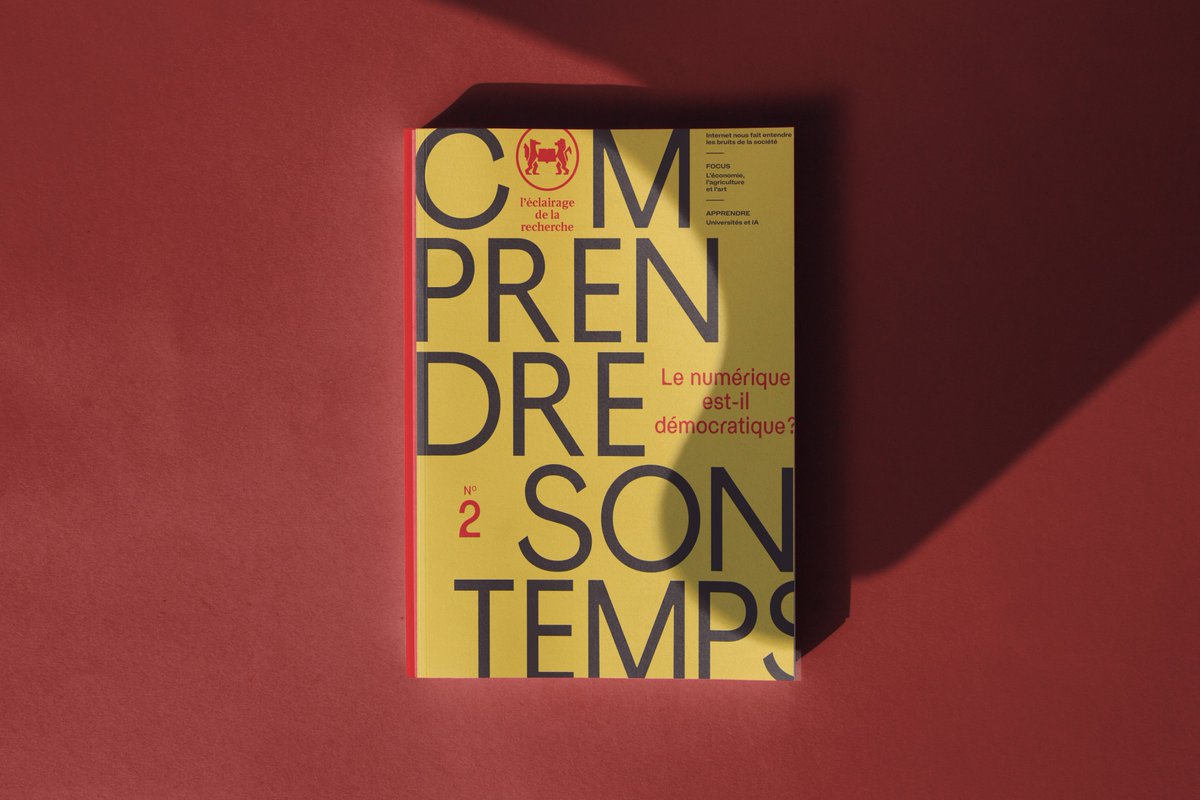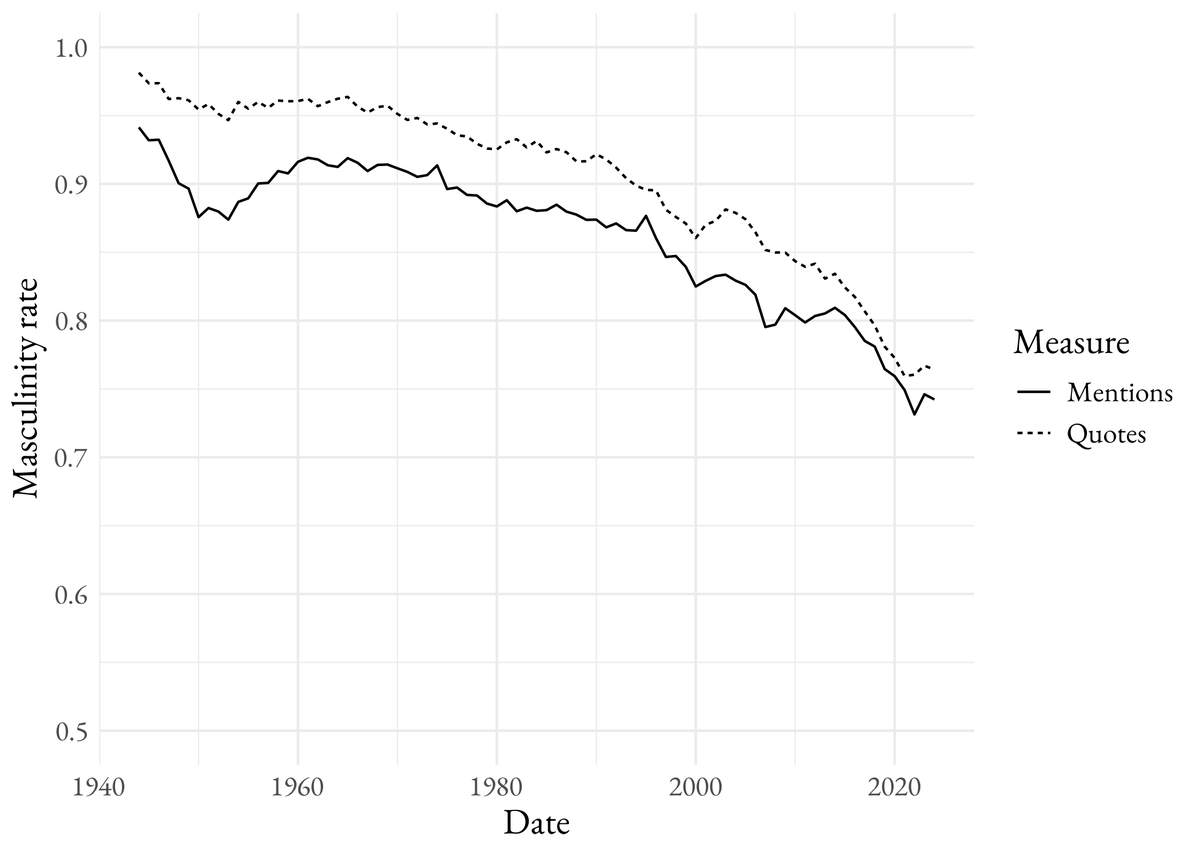
Manon Berriche
@berriche_manon
👩💻 Post-doctoral researcher @medialab_scpo
🤔 Working on #misinformation
🦋 bsky.app/profile/manonb…
ID: 856058012930330624
https://manonberriche.github.io/ 23-04-2017 08:11:49
2,2K Tweet
1,1K Followers
833 Following

Un texte très fort de la sociologue Fariba Adelkhah (CERI Sciences Po) qui s’adresse aux étudiant·es de Sciences Po en grève de la faim. Must read.
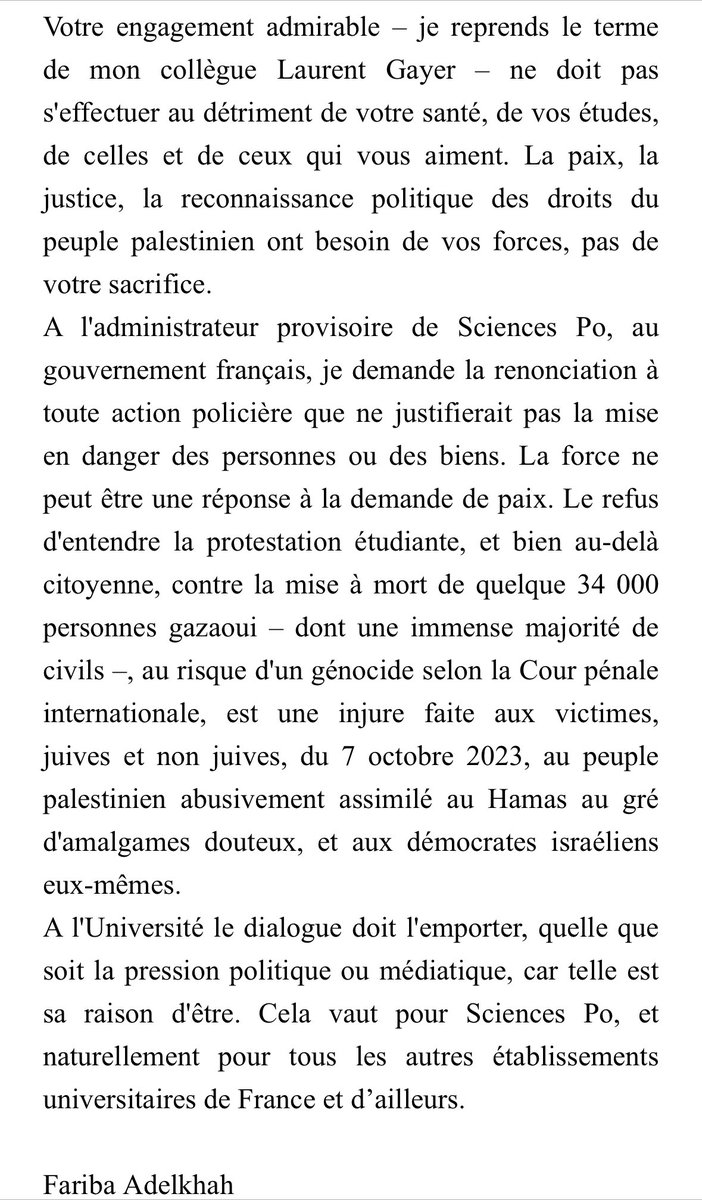


#postdoc position ScPo médialab : 2-year long contract in an interdisciplinary project on Democratic Commons with ISIR - Robotique & Make.org Using LLMs to facilitate deliberative processes: how to characterize and measure their biases in a real-world setting? medialab.sciencespo.fr/en/news/recrut…

Depuis 4 ans, Sciences Po Université de Reims Champagne-Ardenne Université Paris Cité et IPGP ont lancé 4 cursus de double diplôme interdisciplinaire, combinant les savoirs en sciences sociales à de solides formations en écologie, géosciences, mathématiques, ou sciences de la vie.
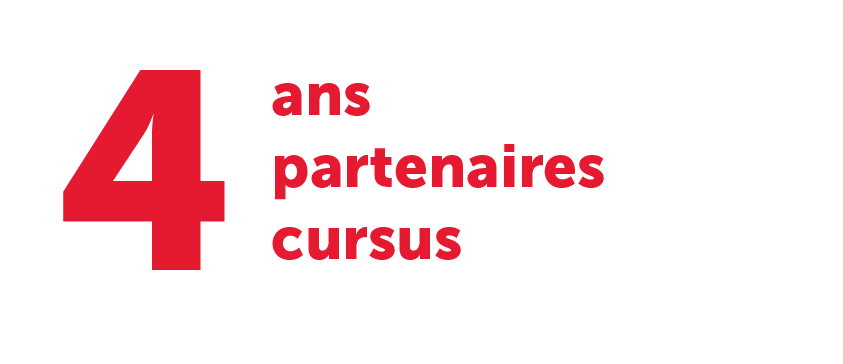

🚨 New publication 🚨 with Adrian Rauchfleisch in Policy and Internet: In our new article we ask who people in the US blame for disinformation and who they feel is obligated to fix it: onlinelibrary.wiley.com/doi/10.1002/po…
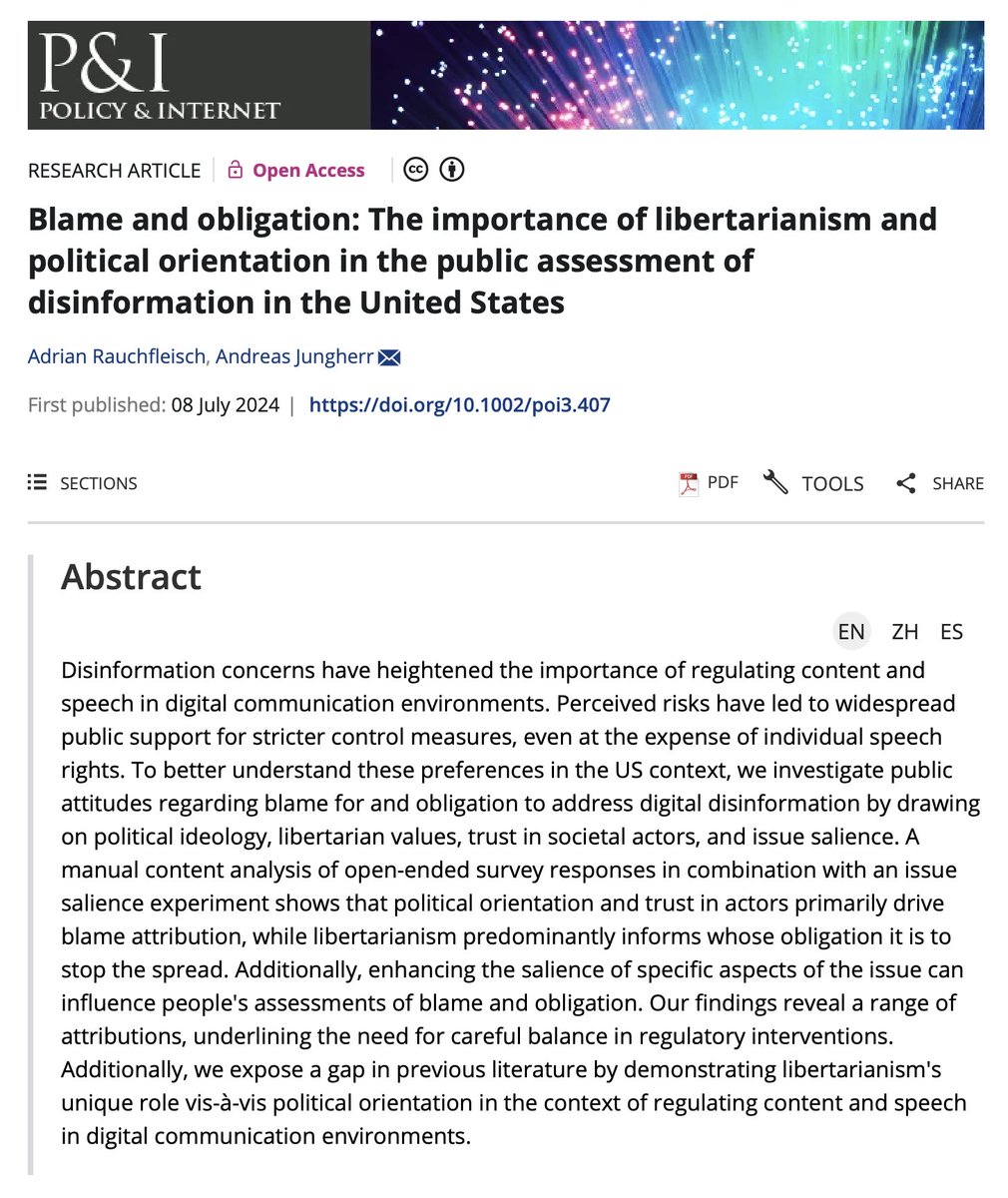

Mpox : quand la recherche en sciences humaines aide à mieux comprendre les zones d’ombre persistantes des maladies émergentes. Le point de vue de Camille Besombes, chercheure post-doctorale au médialab (Fonds Bruno Latour Recherche SciencesPo) : medialab.sciencespo.fr/actu/approches…


New in Scientific American : Is misinformation *really* a problem? Our take: Exposure to "fake news" is rare, but misinformedness is common- b/c of misleading claims from elites & mainstream news. Solutions must take this into account! w David G. Rand @dgrand.bsky.social scientificamerican.com/article/combat… 1/N

📆Jeudi 17/10, Salomé Do soutiendra sa thèse intitulée "L'analyse de contenu computationnelle: comment, quand et pourquoi? Mesurer la prévalence du cadrage stratégique dans la presse politique", codirigée par Thierry Poibeau / @Lab_LATTICE et J.P. cointet / médialab medialab.sciencespo.fr/actu/lanalyse-…

Les réseaux sociaux peuvent-ils vraiment influencer l'élection présidentielle 🇺🇸 ? Dans notre nouvelle émission Détours, J.P. cointet, chercheur au ScPo médialab et directeur de l’Institut libre des transformations numériques de Sciences Po, analyse l'impact réel des algorithmes 🗳️

Histoires crépues se lancent un défi : trois ans pour devenir un média fort et indépendant qui porte haut les voix antiracistes Histoires Crépues Pour les soutenir c’est par ici histoirescrepues.fr


Interested in AI and memes? With donato ricci @dntrcc.bsky.social, we studied the famous "Shoggoth with Smiley Face" meme to show how the analogy between LLMs and Lovecraftian shoggoths is used in two main ways: knowing-how ("savoir-faire") and letting-know (faire savoir"): journals.openedition.org/hybrid/4880


C’est aujourd’hui ! Venez assister à la thèse de Rubing Shen sur la manière dont les journalistes couvrent la politique, à partir de 14H30. Plus d’infos : medialab.sciencespo.fr/actu/the-polit…


Has structural change in the media environment – rise of platforms and decline of offline media – contributed to eroding trust in news? In new piece of research led by Richard Fletcher, we show it has, highlighting decline of TV and the rise of social academic.oup.com/joc/advance-ar… 1/4



Le numérique amplifie les voix, mais polarise les débats 💬. Dans le n°2 de Comprendre son temps, Julia Cage du LIEPP Sciences Po & du CEPR et Dominique Cardon du ScPo médialab explorent : Bulles de filtre, radicalisation et régulation. 🔗 RDV à la page 7 : calameo.com/sciencespo/rea…
